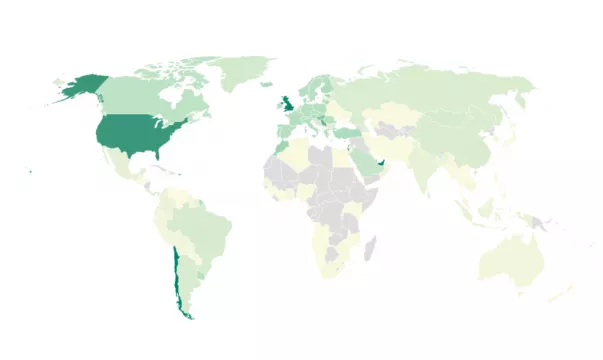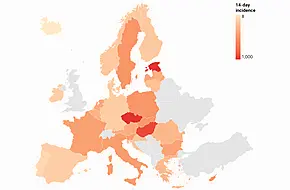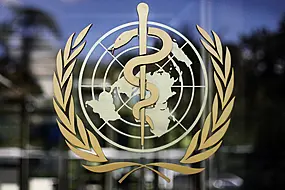More than 15 per cent of the Republic's adult population have received at least one dose of a Covid vaccine, new figures show.
A total of 800,753 vaccines were administered up to March 27th – 576,612 first doses and 224,141 second doses.
More than 100,000 doses were delivered in the space of a week for the first time, with HSE chief executive Paul Reid saying the vaccination programme is “heading to a new phase”.
Approximately 27,500 shots were given last Thursday, a daily record in the State, while 121,000 jabs were administered in the week to March 27th.
Mr Reid said it is intended a similar number of people will be vaccinated this week, setting a target of between 95,000-105,000.
In the North, more than 730,000 people had received their first jab by March 28th, while 125,000 are fully vaccinated.
Vaccinations have been extended to people aged 50 to 59 in Northern Ireland.
The update means that about 15.3 per cent of the Republic's adult population aged over 18 has received at least one dose of a coronavirus vaccine, compared to 50.3 per cent in the North.
Global vaccine tracker
According to the latest available data on March 30th, Ireland has a vaccination rate slightly above the European Union average, with 15.9 doses administered per 100 people.
Malta, Hungary, Estonia and Denmark have the fastest rollouts in the EU.
The UK, Serbia, Turkey, Iceland, Norway and Switzerland have also administered more vaccines per head of population than Ireland.
In absolute numbers, Germany is the EU country with the most doses administered, with 12.9 million given out.
Globally, the United States has given the most doses overall, with almost 146 million, while China has administered 111 million.
Israel, the United Arab Emirates and Chile top the global list when the figures are broken down by population, with 115, 82 and 52 doses administered per 100 people respectively.
Meanwhile, Berlin's state hospital groups Charite and Vivantes have stopped giving women under the age of 55 shots of AstraZeneca's Covid-19 vaccine, spokeswomen for the hospitals said on Tuesday.
The moves follow reports of rare but serious blood clots, bleeding and in some cases death after vaccination, mainly in young women.
Canadian health officials also say they are to stop offering the AstraZeneca vaccine to people under age 55 and will undertake a new analysis of the shot's risks and benefits based on age and gender.







